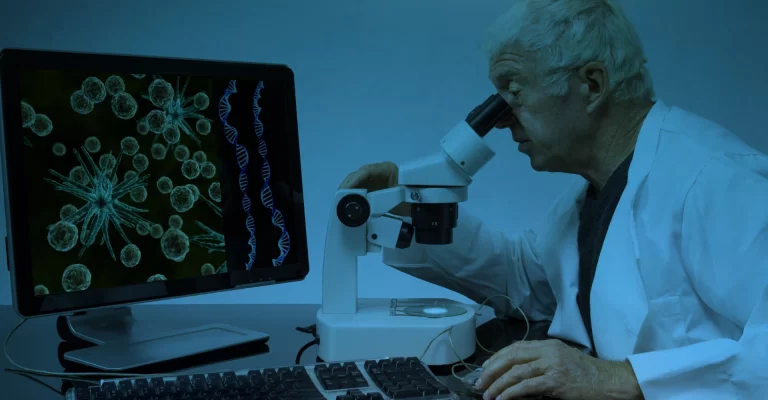Maternal and Child Health: Ensuring a Healthy Future for Mothers and Children
August 29, 2024 2024-08-23 13:50
Maternal and Child Health: Ensuring a Healthy Future for Mothers and Children
What is Maternal and Child Health?
Maternal and child health (MCH) refers to the health services provided to women during pregnancy, childbirth, and the postnatal period, as well as the health care given to infants and children. This field of healthcare is critical because the well-being of mothers and children is directly linked to the overall health and development of societies. Ensuring that women and children receive quality healthcare is essential for reducing mortality rates, preventing diseases, and promoting long-term health.
Key Components of Maternal and Child Health
- Prenatal Care:
- Prenatal care involves regular medical check-ups during pregnancy to monitor the health of both the mother and the developing fetus. Early and consistent prenatal care helps detect potential complications, ensures proper fetal development, and educates expectant mothers on maintaining a healthy lifestyle.
- Safe Childbirth:
- Ensuring safe childbirth is crucial for reducing maternal and infant mortality rates. Skilled healthcare professionals, access to proper medical facilities, and the availability of emergency obstetric care all contribute to safer deliveries. Promoting safe childbirth practices also includes encouraging births in healthcare settings rather than at home in unsafe conditions.
- Postnatal Care:
- Postnatal care is vital for both the mother and the newborn. This period includes monitoring the health of the mother, ensuring proper recovery, and providing support for breastfeeding and infant care. Regular check-ups can help detect and address any complications early on.
- Immunization and Child Health:
- Immunization plays a critical role in protecting children from life-threatening diseases such as measles, polio, and whooping cough. Along with vaccines, regular pediatric care ensures that children grow and develop properly. Monitoring growth, nutrition, and developmental milestones are essential aspects of child health.
- Nutrition and Breastfeeding:
- Proper nutrition is fundamental for both maternal and child health. For mothers, adequate nutrition during pregnancy and breastfeeding is essential for the health of both the mother and the baby. Breastfeeding, in particular, provides infants with the necessary nutrients for healthy growth and immune system development.
- Family Planning and Education:
- Family planning services allow women to space their pregnancies and plan for their families in a way that supports their health and well-being. Education on reproductive health, contraception, and healthy practices empowers women to make informed decisions about their bodies and their families.
The Importance of Maternal and Child Health
Maternal and child health is a cornerstone of public health. Healthy mothers are more likely to raise healthy children, and healthy children are more likely to grow into productive adults. Addressing the health needs of mothers and children helps reduce health disparities, improve life expectancy, and foster strong, resilient communities.
Investing in maternal and child health also has significant economic benefits. Healthy mothers and children reduce the burden on healthcare systems and contribute to economic productivity. Moreover, by preventing complications and diseases, MCH programs help avoid the costs associated with long-term medical care.
Challenges in Maternal and Child Health
Despite the progress made in improving maternal and child health globally, challenges remain. In many parts of the world, access to quality healthcare is limited, particularly in rural and low-income areas. Cultural barriers, lack of education, and inadequate healthcare infrastructure can prevent women and children from receiving the care they need.
Additionally, maternal and child health is impacted by broader social determinants such as poverty, malnutrition, and lack of access to clean water and sanitation. Addressing these underlying factors is essential for improving health outcomes.
The Future of Maternal and Child Health
The future of maternal and child health lies in expanding access to healthcare, improving healthcare quality, and addressing social determinants of health. Innovations such as telemedicine, mobile health applications, and community-based healthcare models have the potential to reach underserved populations and provide life-saving services.
Moreover, global efforts to promote gender equality, education, and economic development will further support maternal and child health. By empowering women and ensuring that children receive the care they need from birth, we can create healthier generations and more equitable societies.
Conclusion
Maternal and child health is vital for the well-being of individuals and communities. By prioritizing the health of mothers and children, we not only save lives but also contribute to the development of healthier, more prosperous societies. As we continue to address the challenges in this field, the future holds the promise of better health outcomes for all.
Related Posts
Maternal and Child Health: Ensuring a Healthy Future for Mothers and Children
August 29, 2024 2024-08-23 13:50Popular Tags





























